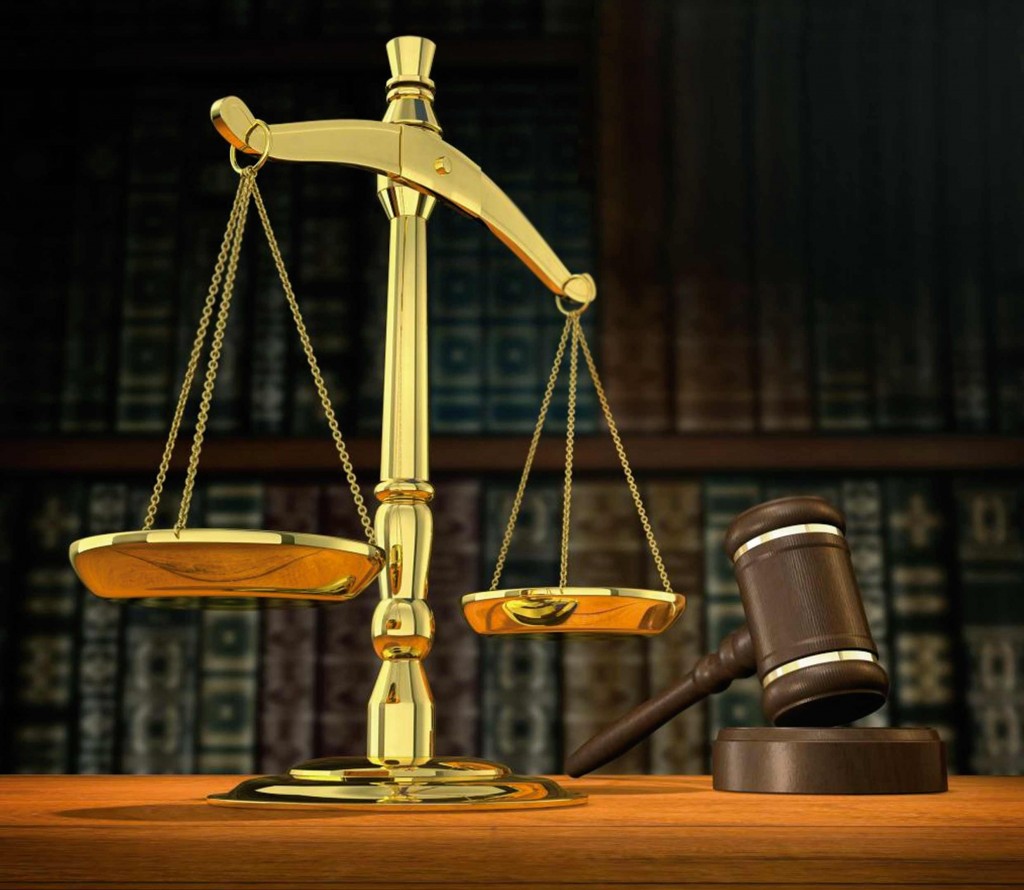 The ruling coalition registered with the Chamber of Deputies on Tuesday the draft amendments to the three important laws for the judicial system:
The ruling coalition registered with the Chamber of Deputies on Tuesday the draft amendments to the three important laws for the judicial system:
- Law 303/2004 on the status of magistrates
- Law 304/2004 on judicial organization
- Law 317/2004 on the Superior Council of Magistracy
This is their third version and they will be assumed by the PSD-ALDE coalition and debated as a matter of emergency.
The time pressure is, though, the motivation given by the Government officials for abandoning the promise to ask for the Venice Commission’s opinion on the changes to be made to the procedures for the appointment of high-ranking prosecutors.
Tudorel Toader said on Tuesday that the draft issued by the Ministry of Justice was modified by a group of MPs. Among them are the former Justice Minister Florin Iordache, who promoted OUG 13 to amend the Criminal Code.
A special prosecution office for magistrates with criminal charges is established
A third special structure is planned to be organized within the General Prosecutor’s Office. In addition to the National Anticorruption Directorate (DNA) and the Directorate for Investigating Organized Crime and Terrorism (DIICOT):
The Directorate for Investigating Criminal Offenses by Judges and Prosecutors is to deal only with magistrates’ deeds, a responsibility that now belongs to the DNA.
The solution would be impractical, according to the DNA, because anti-corruption already has specialized staff investigating such cases and it would also be too costly to establish a special prosecution office for crimes that should normally have to be very few (and probably their number would decrease over time).
Other specialists in the field argue that such a structure could easily be politicized.
President remains involved in the procedure of appointing high-ranking prosecutors. But:
The head of state will continue to appoint the Prosecutor General and his deputies and the heads of DNA, DIICOT and the new directorate.
Limitation of President’s responsibilities for appointing management of Supreme Court
In the appointment of the management of the High Court of Cassation and Justice, the head of state is now allowed to reject but based on a motivation the CSM’s proposals, with no limitation to the number of rejections, whereas the future law provides that he may do that only once.
Also, the dismissal of the heads of prosecution offices will no longer be made by the President, following the proposal of the Ministry of Justice but by CSM which may observe ex officio or be seized at the proposal of the Ministry of Justice.
Judicial Inspectorate to be subordinated to a council for integrity of magistrates
The Judicial Inspectorate (which identifies the disciplinary misconduct of magistrates) will be reorganized and be coordinated by a new body – the National Council for Integrity of Judges and Prosecutors.
The Council will appoint and dismiss the heads of the Inspectorate and submit proposals to CSM for the organization and operation of the Inspectorate.
For the Judicial Inspectorate, a special law is to be drafted within the next six months.









